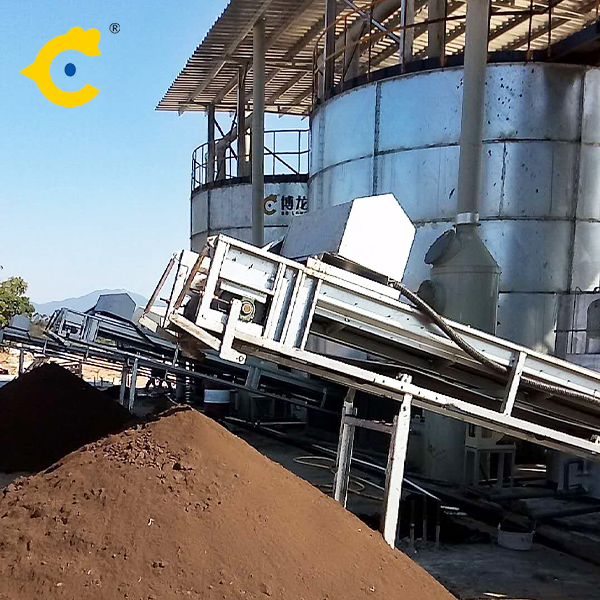Introduction
Circular economy initiatives aim to minimize waste and maximize the value of resources by promoting recycling, reuse, and resource efficiency. Fermentation tanks play a crucial role in these initiatives by converting organic waste into valuable compost, which can be used to enrich soil and support sustainable agricultural practices. This article explores how fermentation tanks contribute to the circular economy and help create a more sustainable and resource-efficient future.

Closing the Organic Waste Loop
Organic waste, such as food scraps and agricultural residues, represents a significant portion of the waste stream in many communities. Traditionally, this waste has been disposed of in landfills or incinerated, leading to environmental pollution and greenhouse gas emissions. Fermentation tanks offer a more sustainable alternative by diverting organic waste from landfills and converting it into compost through a natural fermentation process.
By closing the organic waste loop, fermentation tanks help create a circular economy where organic materials are recycled and reused rather than discarded. The compost produced by fermentation tanks can be used to enrich soil in agricultural and landscaping applications, closing the nutrient cycle and reducing the need for chemical fertilizers.
Supporting Sustainable Agriculture
The compost produced by fermentation tanks is a valuable soil amendment that provides essential nutrients and improves soil structure and fertility. By incorporating compost into agricultural practices, farmers can reduce reliance on synthetic fertilizers and pesticides, promoting sustainable and environmentally friendly farming methods.
In addition to improving soil health, compost-amended soils are better able to retain moisture, reducing the need for irrigation and conserving water resources. This not only saves water but also reduces energy consumption associated with irrigation, further enhancing the sustainability of agricultural operations.
Creating Economic Opportunities
Fermentation tanks not only benefit the environment but also create economic opportunities for communities. The compost produced by fermentation tanks has commercial value and can be sold to agricultural producers, landscapers, and homeowners for use in gardening and landscaping projects.
By monetizing organic waste through compost production, communities can generate revenue and support local businesses. Additionally, the use of compost-amended soils can lead to increased crop yields and improved product quality, further boosting economic prosperity in agricultural regions.
Conclusion
Fermentation tanks play a vital role in circular economy initiatives by converting organic waste into valuable compost and supporting sustainable agriculture. By closing the organic waste loop, fermentation tanks help reduce environmental pollution, conserve resources, and create economic opportunities for communities. As the importance of sustainability and resource efficiency continues to grow, fermentation tanks will play an increasingly critical role in creating a more sustainable and resilient future.
